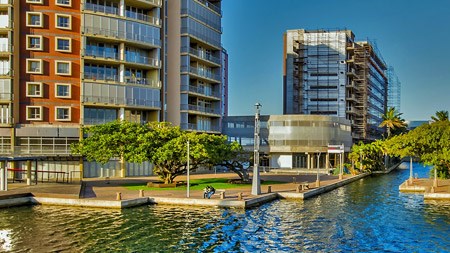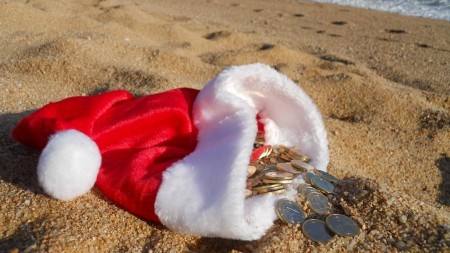Most of us have dreams about owning a holiday home in a place we love, but those thinking of buying a second home need to remove the rose tinted spectacles and do some serious homework before signing on the dotted line.
The first thing is to decide who will be staying on the property. Is it going to be earmarked strictly for family holidays or will it be rented out to holidaymakers? If the latter, what sort of rates are charged in the area in which you want to buy, and will demand be such that you’ll be able to rent out the home throughout the year to cover your costs?
There are pros and cons to owning a second home.
The positives include being able to visit your destination of choice whenever you feel like it; having a home where friends and family can share magical holidays without breaking the bank; and owning something that can generate enough income to pay for itself. These second properties are also often viewed as the ideal place to retire.
The negatives include the cost of maintaining the property, and the possibility of abuse by friends and family who assume that they can use the home whenever they like, without having to pay.
What you should find out before investing in a holiday home:
- The average price of property in the area in which you wish to buy. Don’t be fooled into paying too much - do your homework first in order to determine what other people have recently paid for property in the area
- Rental returns for the area/complex
- The costs associated with owning such a property, including rental agents, garden services, general maintenance and levies. Some properties require more maintenance than others. Beach properties for example often take a pounding from the sea air and may need more regular maintenance than would a property situated further inland.
- The tax implications of renting out a holiday home.
Never let your heart rule your head, and if you are buying a holiday home in order to make money, you need to be sensible. A beautiful home won’t necessarily appeal to holidaymakers if the views aren’t that great, or if it’s miles away from amenities. Advertising a seaside property which doesn’t boast a sea view or is kilometres from the beach can also backfire and although the property may be rented out, you might be forced to drop your rates out of season.
Don’t rush into a purchase.
Circumstances have a way of clouding your judgement - you’re on holiday, you love the area, you’re having a terrific time and want to buy something immediately in the hopes of recreating this idyll in the future. Our advice - don’t buy while you’re on holiday. Rather wait a month or two, do your homework and go back armed with all the facts before putting in an offer.
Do the maths.
Chat to local rental agents to discuss the average rates charged and perhaps more importantly, to gauge the demand for holiday rentals in the area. All holiday hotspots have peak seasons, but you may want to reconsider buying if the area dies out of season and there are a plethora of holiday homes available. Ask yourself if you can realistically afford to keep a second home running if it’s not being rented out.
Furnishing a holiday let is another challenge.
Kitting out a home in order to maximise the rental charged is expensive and as with maintenance, it’s something that will have to be revisited fairly regularly. Kitchen appliances break, lounge suites start to look shabby and bedding and the like need to be replaced periodically. Ensure you have enough cash on hand to cover any unexpected repairs or to replace broken items.
Find the right rental agent.
Long distant rentals tend to be more difficult to manage than those closer to home. Holiday rentals need a hands-on approach and it is highly recommended that a rental agent be used for this purpose. Again, do your research and only employ reputable agents who have a solid reputation in the local holiday market. A good rental agent will generally have contacts with reliable contractors who can carry out repairs as needed. A good agent will also usually have a strong client base, ensuring that there is a steady stream of holidaymakers renting out the home.
Don’t lose sight of why you bought the home and try and make use of it yourself at least once a year. Use this time to relax, explore the area and carry out any running repairs needed to keep the property in a condition likely to appeal to those in the holiday rental market.




